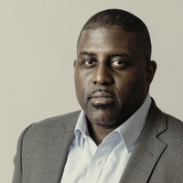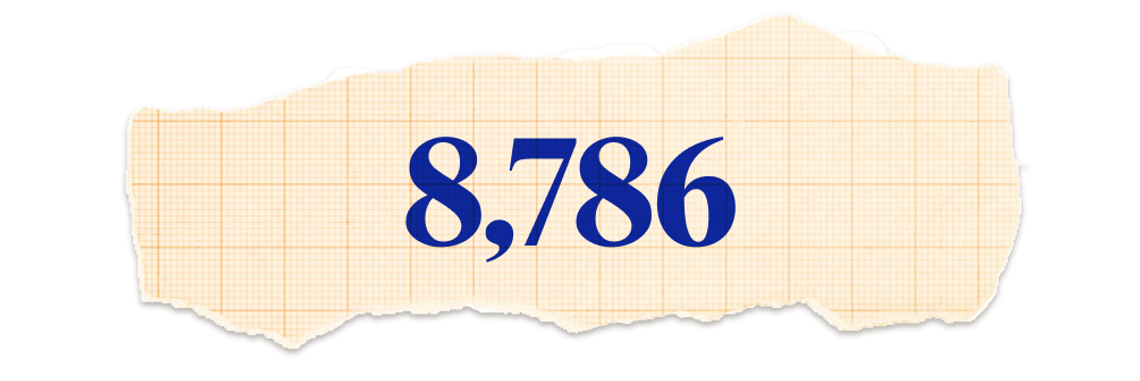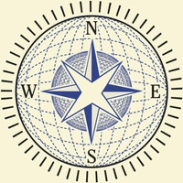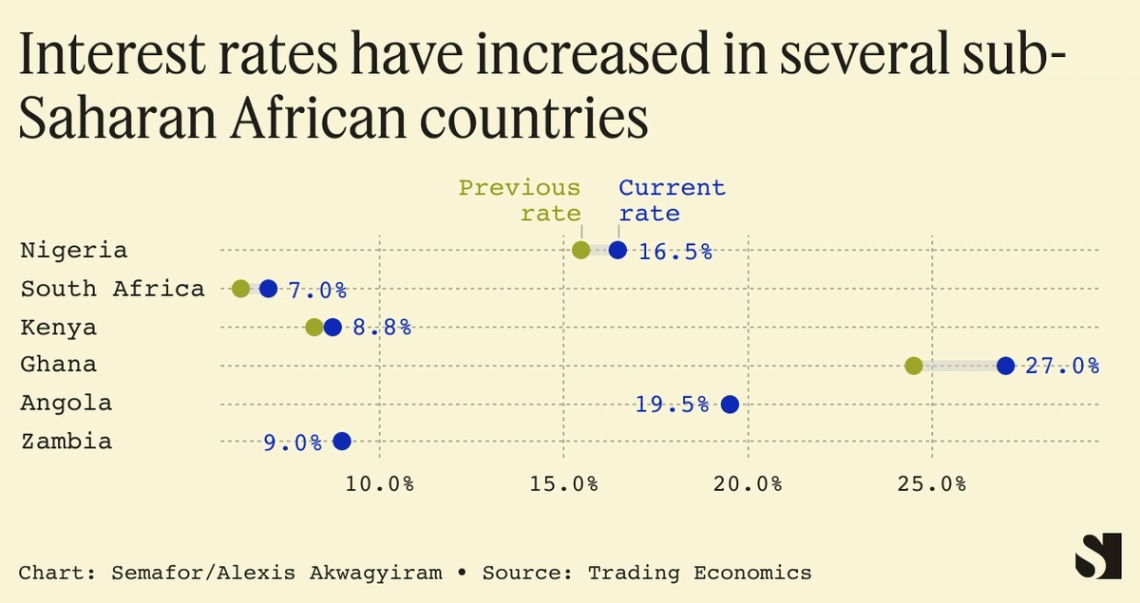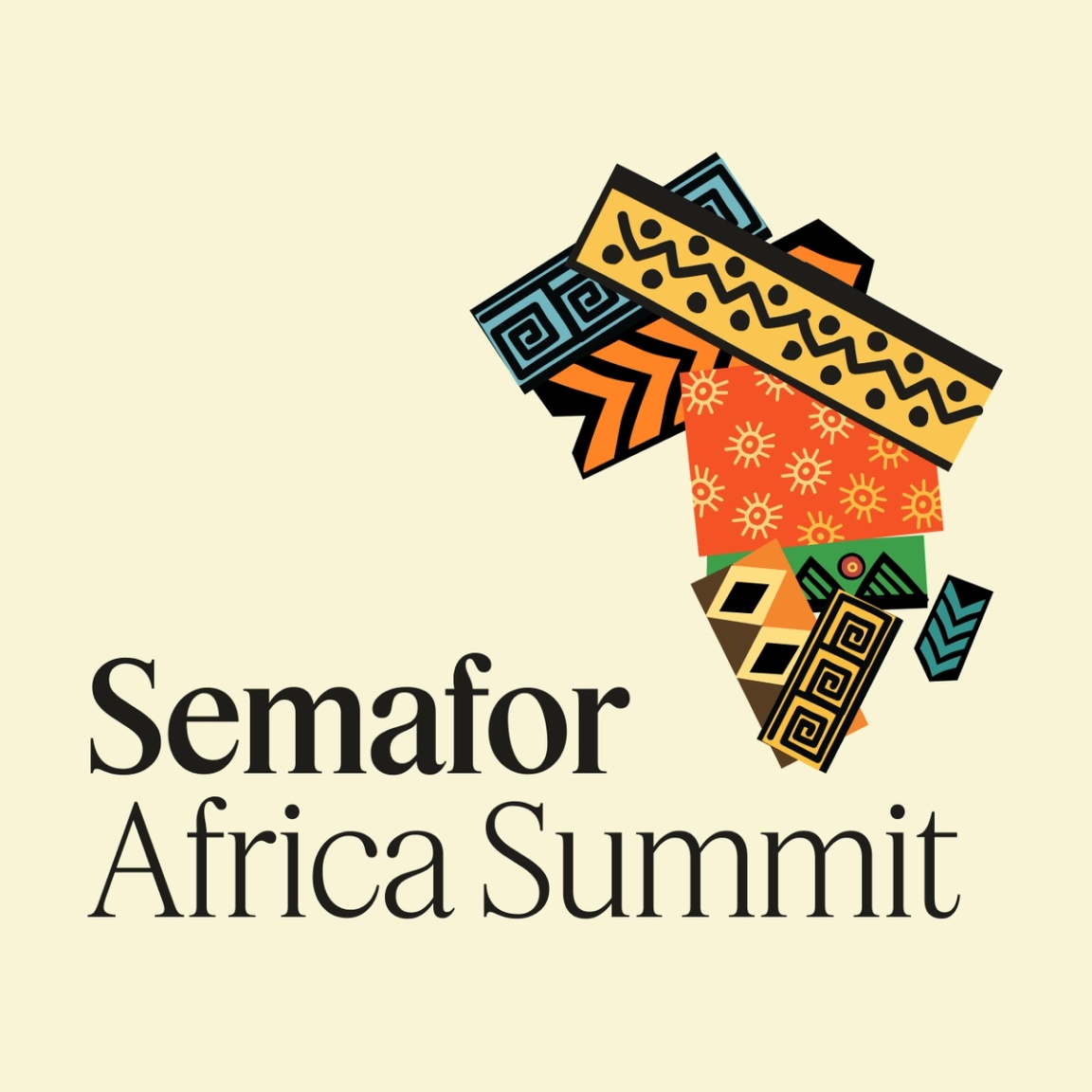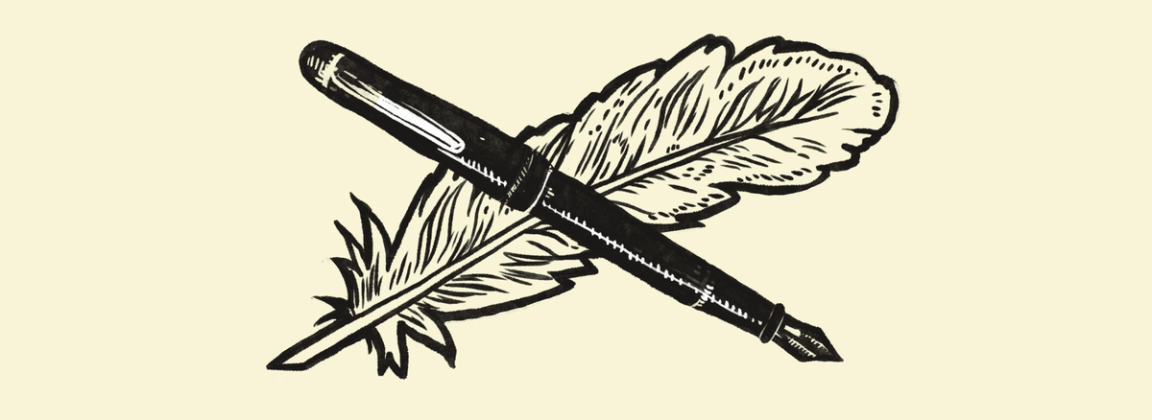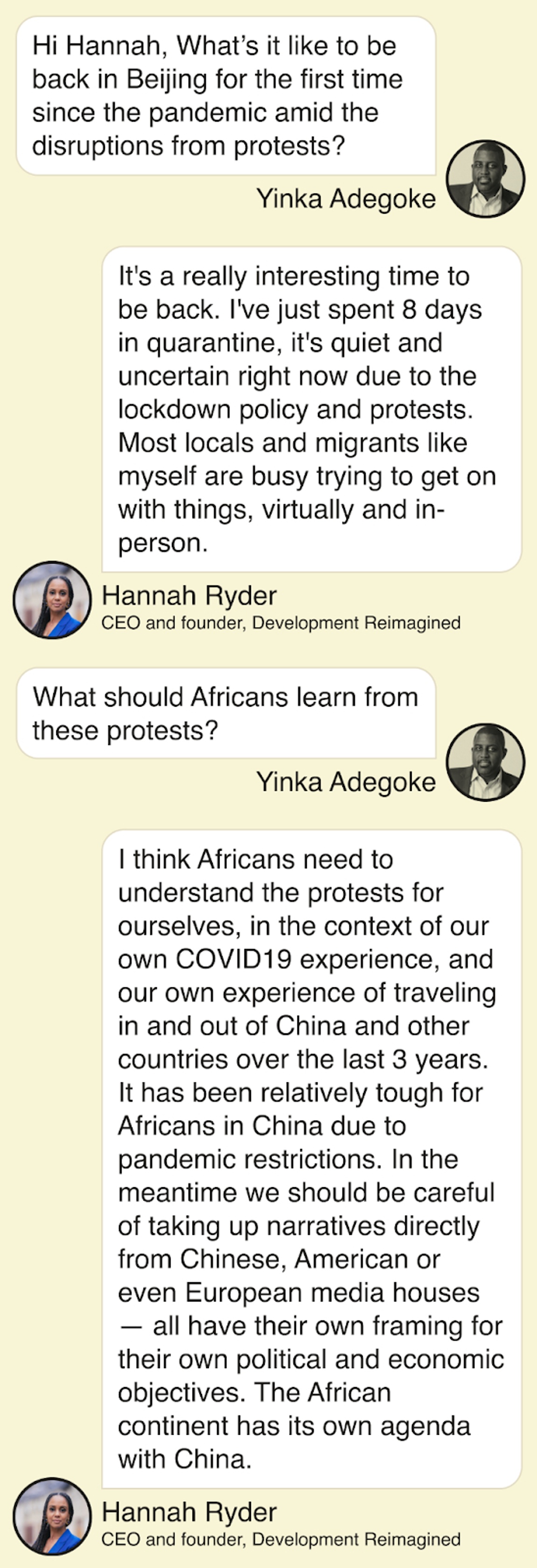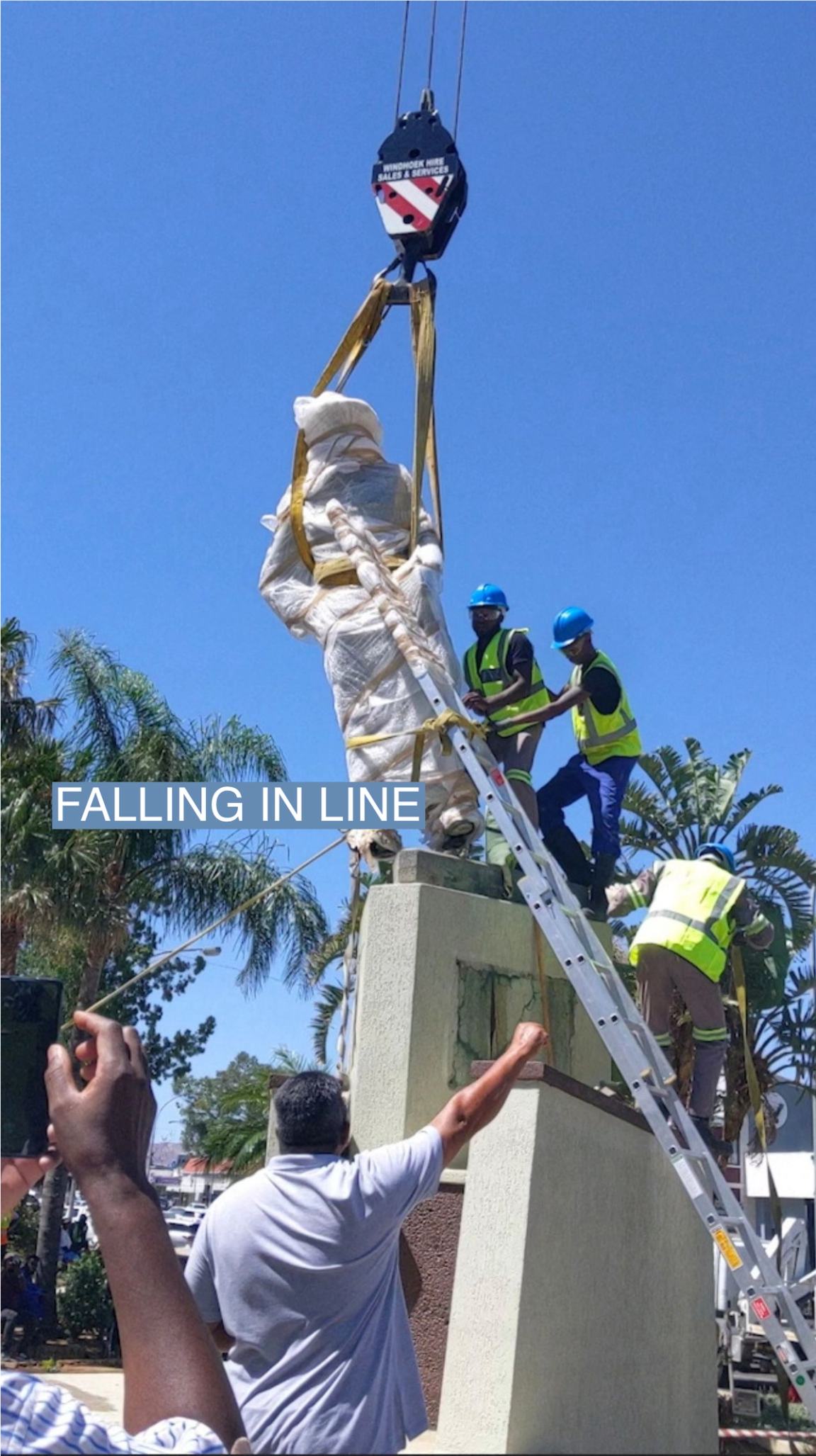THE NEWS Cyril Ramaphosa’s position as South African president is in jeopardy after an investigation into a stash of cash stored in his sofa found he may have broken rules that could lead to his impeachment The findings of an independent parliamentary panel that investigated the theft of a large sum of cash from his private game farm threaten his bid to be re-elected leader of the ruling African National Congress (ANC) in two weeks. But now Ramaphosa is said to be considering resigning over the panel’s findings that he may have violated the constitution, Bloomberg reported. He is expected to address the nation imminently. Even if the president overcomes the controversy to secure a second term, in-fighting could force him to share power with party foes opposed to his reform agenda. 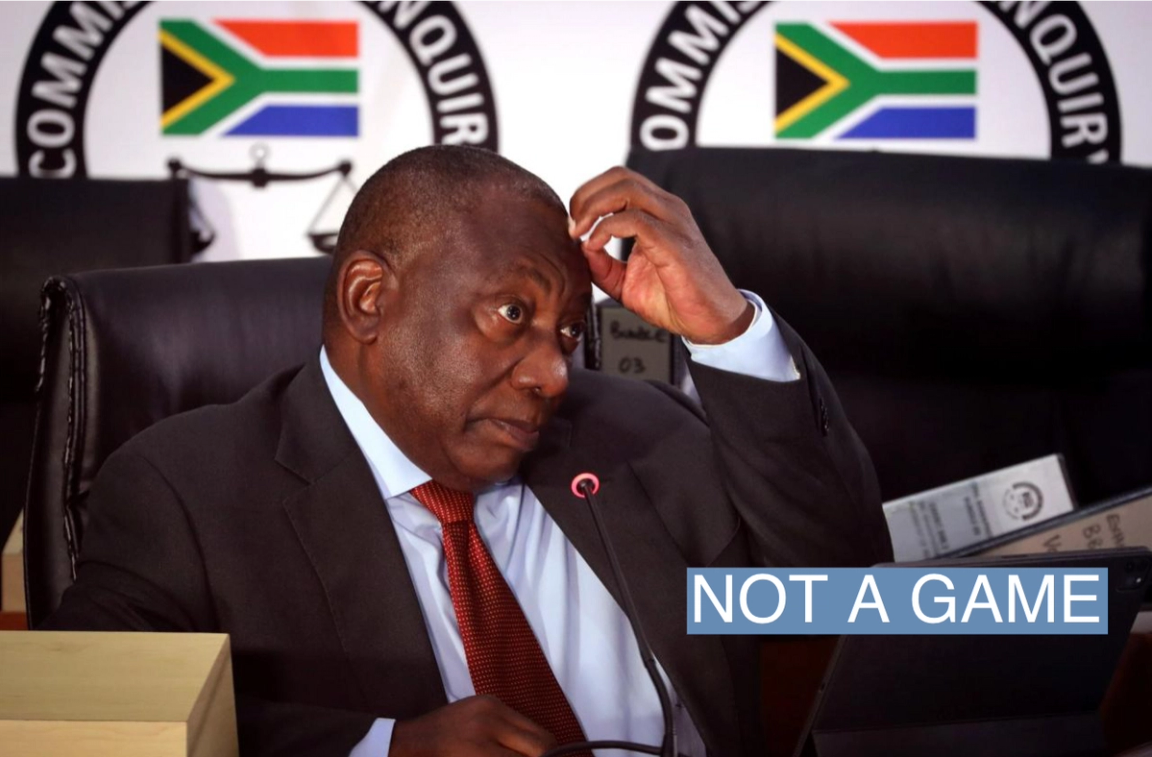 REUTERS/Sumaya Hisham REUTERS/Sumaya HishamRamaphosa was hailed as an anti-corruption champion when he was elected unopposed as the party’s leader, automatically becoming president, following the resignation of his embattled predecessor Jacob Zuma in February 2018. But on Wednesday the panel concluded there was evidence that Ramaphosa may have committed “serious misconduct” that exposed him to “a conflict between his official responsibilities and his private business.” The investigation was launched after former spy chief Arthur Fraser in June said $4 million in cash was stolen from Ramaphosa’s Phala Phala farm in the northern Limpopo province. Fraser, a Zuma ally, accused Ramaphosa of kidnapping, bribery and acting unlawfully by allegedly authorizing the pursuit of suspects in the burglary. He also claimed the stolen cash was related to money laundering. Ramaphosa did not report the theft to the police, which took place in 2020. Fraser’s allegations were the first time details of the burglary were publicly disclosed. Ramaphosa has said the money, which was stashed in a sofa, was from the proceeds of cattle farming and far less than the sum alleged by Fraser. He denied wrongdoing in a statement issued following the publication of the report. The findings will be debated in parliament on Dec. 6, followed by a vote on whether to launch impeachment proceedings. A resolution to remove him as president can only be adopted if at least two thirds of MPs vote to remove him. The ANC’s elective conference, held every five years to select its top leaders, will begin on Dec. 16. The controversy threatens Ramaphosa’s bid to lead the ANC into elections in around 18 months.
“I don’t think Ramaphosa should even be allowed to stand as a candidate. He’s got very serious issues to answer to,” said Carl Niehause, a Zuma ally and former ANC spokesman who has been a vocal critic of Ramaphosa. Siviwe Gwarube, chief whip for the main opposition party Democratic Alliance (DA) party, said Ramaphosa could not govern properly until the matter was resolved. “If, for instance, the panel finds that impeachment proceedings must be instituted against him, we can’t have a head of state that has that hanging over his head,” she said. “People must know what went on at the president’s farm and it can’t be done on the whims of the ANC. Our view is that this is urgent,” added Gwarube. Ramaphosa’s supporters argue that he is best equipped to overcome the country’s challenges, which include high unemployment and an energy crisis that has led to rolling blackouts which have choked economic growth. Oscar Mabuyane, a Ramaphosa ally who is one of three nominees for the deputy president position, said he hoped conference delegates would attend with the goal of reinvigorating the ANC, which looks set to see its share of the popular vote fall below 50% for the first time at the May 2024 general election, according to several polls.. “We know very well that his leadership role and intervention can help the ANC to regain its strength,” Mabuyane told Semafor. JAN’S VIEW Some of President Ramaphosa’s opponents have called for him to step aside but, in the wake of Wednesday’s report, he remained steadfast in denying any wrongdoing. Professor Richard Calland, a law professor at the University of Cape Town, told me the tradition of the newly elected party president securing the other leadership spots for allies was under threat. “It’s possible that none of his other five candidates would win those other positions and he would end up with… an unfriendly group of colleagues at the top of the ANC,” said Calland. “He might even be isolated.” Such a scenario could hinder Ramaphosa’s attempts to implement his agenda. ROOM FOR DISAGREEMENT Whether Ramaphosa is re-elected or not, the Phala Phala controversy highlights the lowering of expectations around politics in South African society, according to political analyst Ebrahim Fakir. In contrast to the hope that greeted Ramaphosa’s elevation to president, Fakir said such controversies, and the questions raised about public officials, deepend the “quagmire” in which South African society finds itself in, “from both a public ethics and a public morality perspective.” | 
